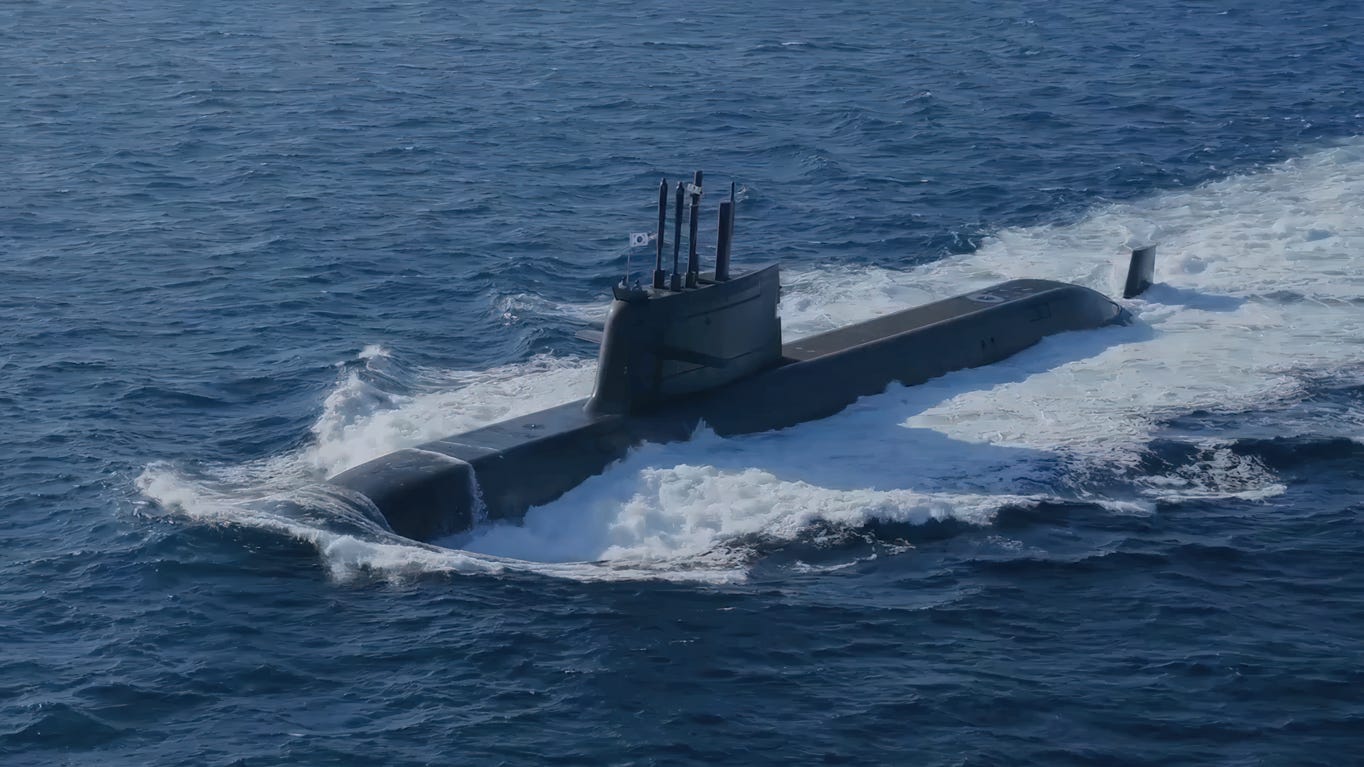Dispatch from the Front Lines: We all live in a [unmodified] submarine
On two good ideas for the military. On prog nonsense on Nov. 11. On whether or not we are a serious country. And more.

Hey everybody, happy Sunday. Lots on our mind this week. Let’s get into it.
Start first with the latest episode of The Line Podcast. This one got some strong responses!
And also enjoy this week’s On The Line between Jen Gerson and Matt Spoke of Project Ontario on whether Doug Ford is actually a conservative.
And now, on with the dispatch.
We want to follow up on our lead item for our dispatch last week. We wrote at some length about the growing signs that there will soon be considerable expansion in the size of the Canadian Armed Forces. We also wrote about how the kind of expansion we are looking at is going to fundamentally transform the role of the military in Canadian society. A significant expansion of the CAF will require expansion in community military infrastructure and will, as a matter of simple logic, involve more families being directly invested in military life — a bigger force will touch on more friends and families. As we said in the dispatch last week, this is a good thing, and it’s overdue.
Since we published that last weekend, a few other news developments have emerged that are worth commenting on. And we’re actually going to make a perhaps unusual defence of a seemingly bizarre suggestion. You might have seen the story a few days ago where it was suggested that the military would look to convert 300,000 federal servants into a kind of supplementary reserve. The supplementary reserve already exists. It is made up of a few thousand former enlisted personnel and officers whose term of service has recently expired but who could be recalled in times of emergency. The plan was to offer abbreviated military training to a huge number of federal civil servants. They would not be full-time members of the military or even part of the Primary Reserve, Canada’s actual paid part-time soldiers. They would not be issued uniforms or weapons. But they would receive some very basic training and familiarization with military equipment, rules, and life, and could, in a time of emergency, have augmented the military’s strength.
The idea was roundly mocked, and we get that. We even chuckled a bit ourselves when we saw some social media threads suggesting which particular branch of the federal public service should be sent to the front lines first. (Our favourite response is copied below. It made us laugh.) Civil servants themselves seem less than impressed by the idea, with message boards used by civil servants quickly filling up with what we shall politely describe as skepticism, as well as concerns — and tell us this isn’t a little on the nose — that time spent in military service during national emergencies may not be counted towards their pensions.
Good lord.
Anyway, by the end of last week, the military was backpedalling. And we get that. The idea was first reported in a news story before the military had had any chance to prepare the ground, and the reaction was mockery.
But here’s the thing: it’s actually not a terrible idea.


